DOE: Life cycle GHG emissions for 2020 electric small SUV were half those of a conventional gasoline small SUV
Green Car Congress
OCTOBER 19, 2021
The vehicle manufacturing cycle includes impacts of raw material extraction, vehicle parts production, assembly, as well as its disposal and related materials recycling processes. When fueled by hydrogen produced from landfill gas, the total dropped to 117 g CO 2 e/mi. Source: DOE program record Nº 21003.

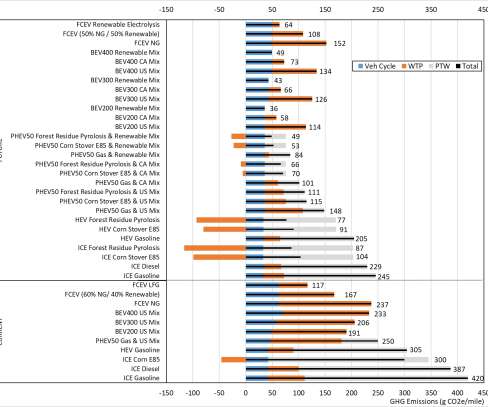
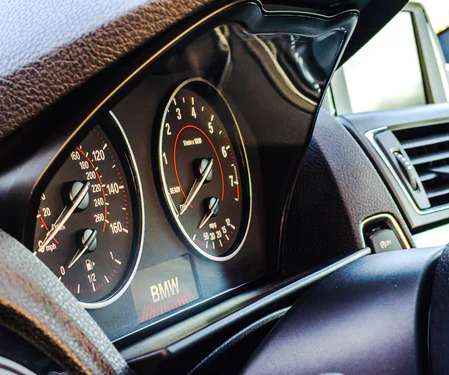






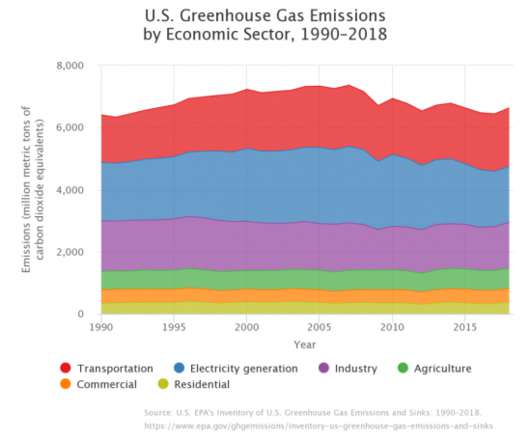




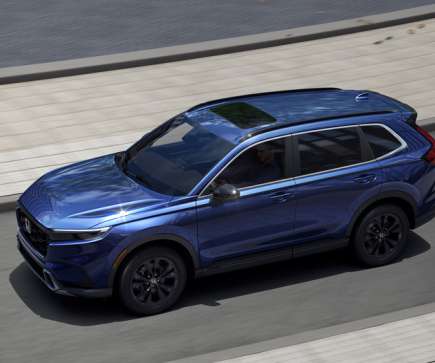








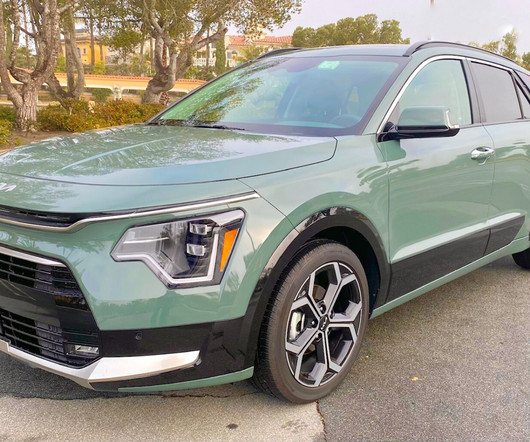


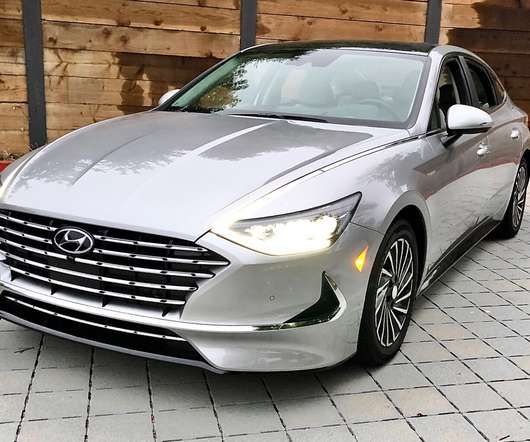

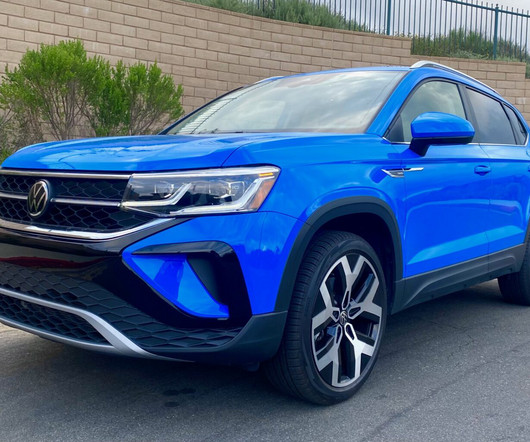




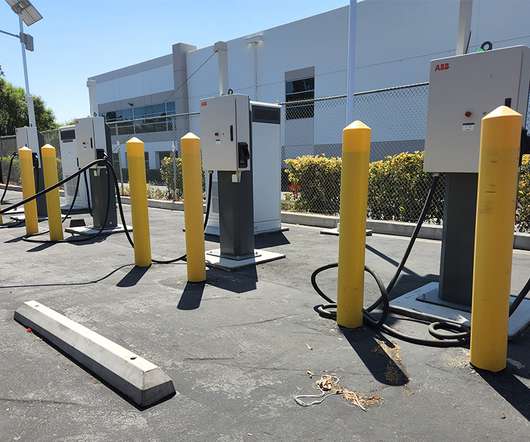
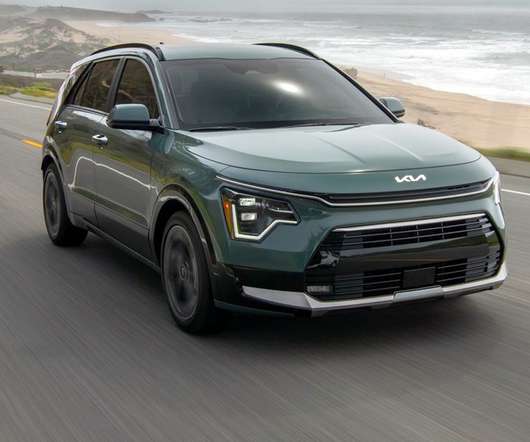







Let's personalize your content